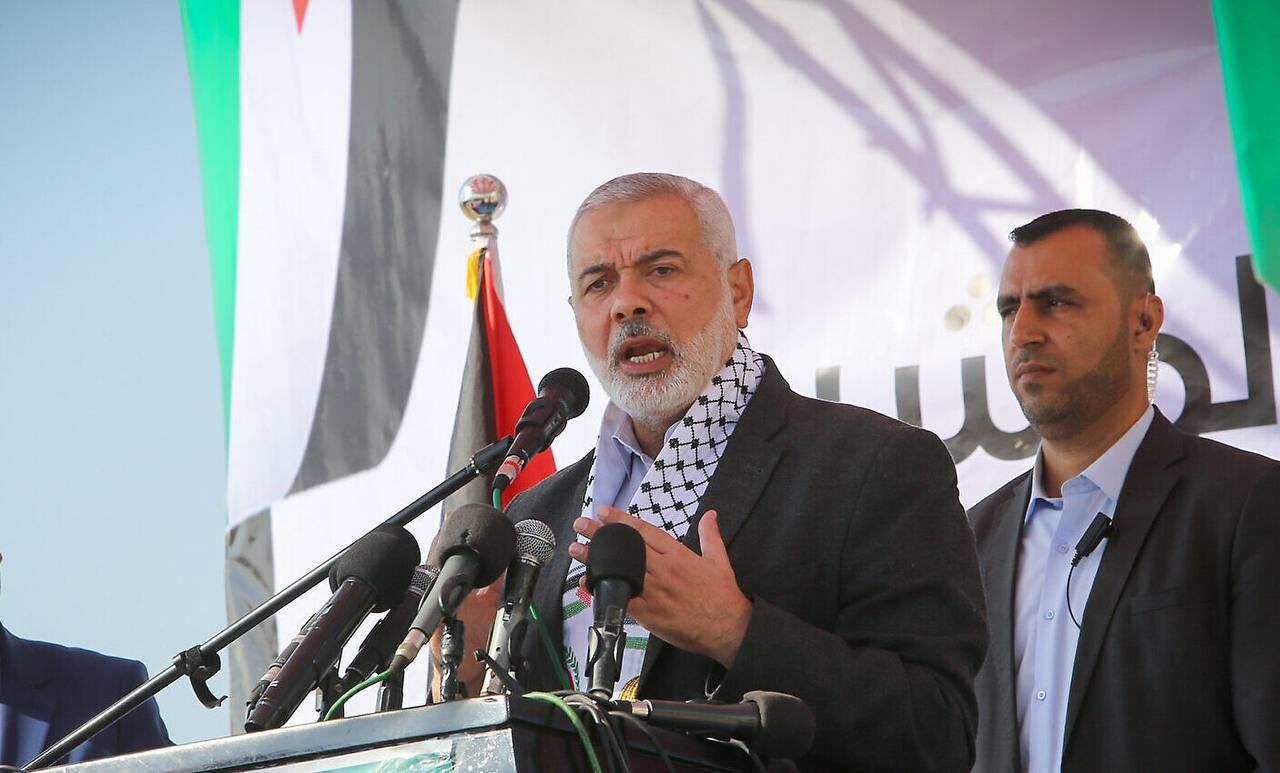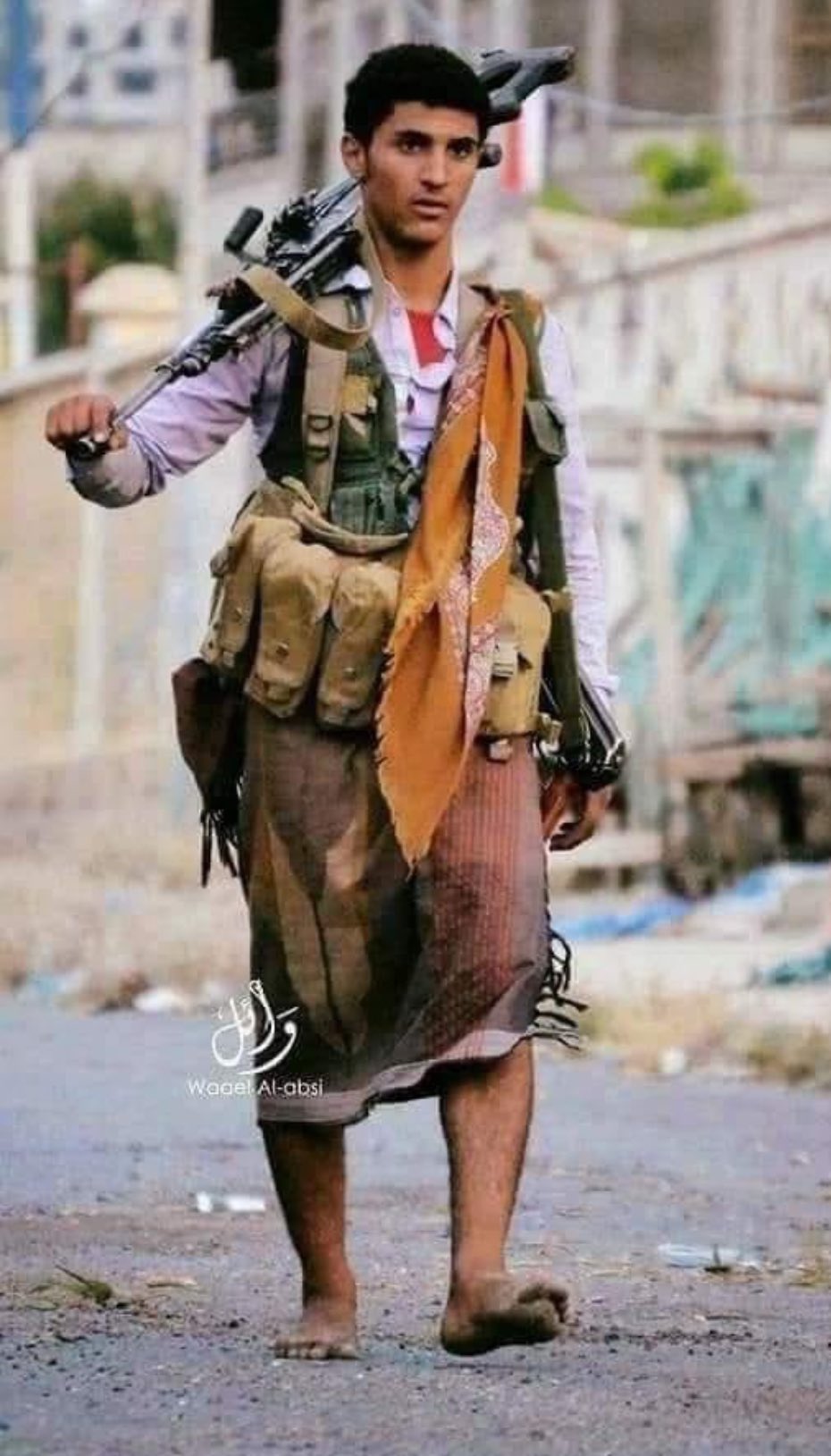
The assassination of the Hamas political bureau Ismail Haniyeh, Wednesday, in Tehran shows there was a clear security breach, and Israel was looking for an opportunity to carry out the assassination and found it in the Iranian capital, said military and strategic expert Nidal Abu Zeid.
Although he didn’t elaborate on the security breach, he said the assassination will not have an impact on the war in Gaza, saying the Palestinian resistance will not be shaken by the martyrdom of one of its leaders, Abu Zaid told Jo24.
Hamas is an ideology that will continue and grow among the Palestinian masses despite the great sacrifices it makes. Already over 38,000 people have been killed in Gaza by Israeli warplanes, tanks and drones not to mention that over 90,000 injured.
These sacrifices by its leaders and elements in the field of Palestinian fighters from different factions will only increase their will, determination and resolve, he added.
Abu Zeid expects the assassination of the Hamas leader who was elected to run the Hamas organization in 2017, will raise the level of military operations by the Palestinian resistance. He said revenge for the murder of Haniyeh who was killed along with one of the bodyguards on the streets of Tehran will not be delayed and Hamas along with its Izz Al Din Al Qassam military wing will respond quickly.
Abu Zeid explained that the resistance operations will continue to pressure the Israel military occupation, especially in northern Gaza, to withdraw the remaining units of the 98th Paratroopers Division, as happened lately in eastern Khan Yunis, and inspite of the new wave of continual civilian displacements from the city.
He predicted that the losses of the Israeli occupation forces will rise in the coming period, and that the Palestinian resistance will carry out operations that will surprise Israel with new tactics in light of the state of crisis and caution it is experiencing, especially after the unconvincing response in the southern suburb of Beirut and after the assassination of Ismail Haniyeh.
In a statement, Wednesday morning, Hamas said the assassination of chief of the political bureau was a “treacherous Zionist raid on his residence in Tahran.”
One of his body guards was also killed on the attack on his residence.
Haniyeh was in Tehran to attend the inauguration of new Iranian President Masoud Pezeshkian, Tuesday. It was his first time to be seen in public.



 (@SyedaaAiman)
(@SyedaaAiman) 
 Houthis:
Houthis:




